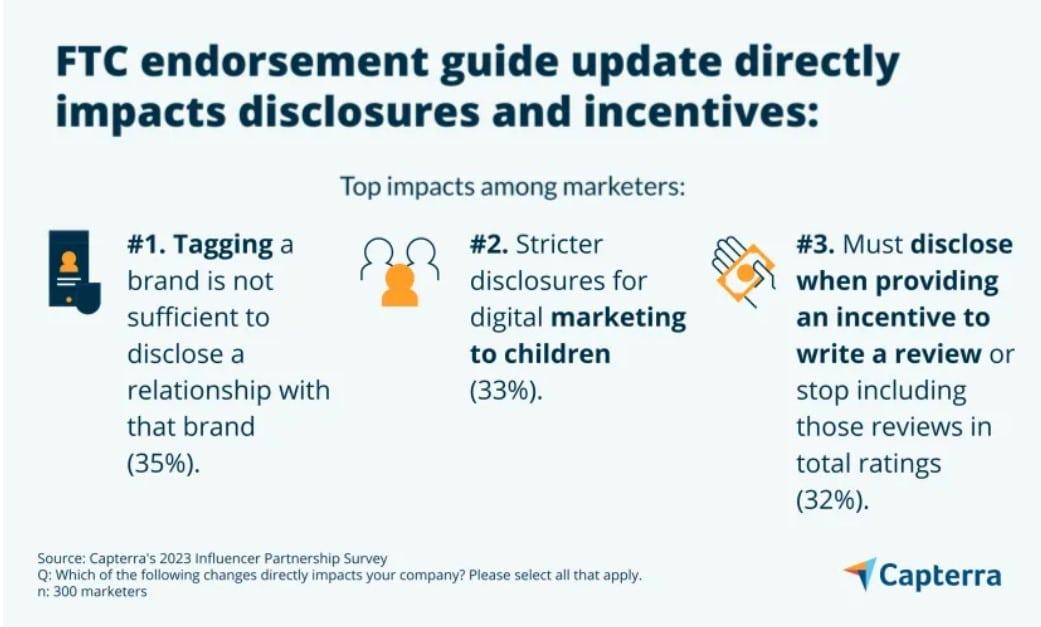
Navigating legal Waters: YouTube influencer Marketing Essentials
In an age where digital platforms shape the landscape of consumer behavior,YouTube stands out as a beacon for influencers and brands alike. It offers a vibrant marketplace where creativity converges with commerce, allowing content creators to connect with audiences in authentic and engaging ways. However, as the allure of influencer marketing grows, so too does the complexity of the legal framework surrounding it. From copyright issues to disclosure requirements, navigating these legal waters can be daunting for both influencers and brands. This article aims to illuminate the essential legal considerations that every youtube influencer and marketer should understand, ensuring that their collaborations are not only effective but also compliant. Dive in as we explore the intricate interplay between creativity and legality, equipping you with the knowledge to sail smoothly through the exciting world of YouTube influencer marketing.
Understanding FTC Guidelines for Influencer Partnerships
In the fast-evolving landscape of influencer marketing, it is indeed crucial for content creators and brands to be well-acquainted with the Federal Trade commission (FTC) guidelines.These regulations ensure transparency and honesty in advertising,safeguarding consumers’ interests while promoting fair competition. Influencers are required to disclose any material connections thay have with brands, which can include financial compensation, free products, or any other incentive. This disclosure should be clear and conspicuous, meaning it should be easily noticeable within the content, utilizing formats such as:
- Textual Disclosures: Including phrases like “paid partnership” or “#ad” directly within the video description or as an overlay in the video itself.
- Verbal Acknowledgment: Clearly stating the partnership at the beginning of the video to ensure that audiences are aware right from the start.
- Hashtags: Using appropriate hashtags like #sponsored or #affiliate in the post to denote a paid relationship.
Understanding the nuances of these guidelines not only protects influencers and brands from potential legal repercussions but also builds trust with audiences who value honesty in marketing. To further illustrate compliance, here’s a simple breakdown of what constitutes a material connection that necessitates disclosure:
| Type of Connection | Requires Disclosure? |
|---|---|
| Financial Payments | Yes |
| Gifted Products | yes |
| Affiliate Links | Yes |
| Free Tickets to Events | Yes |
By staying informed and proactive about these requirements, influencers can enhance their credibility and foster a genuine connection with their audience.

Crafting Compliant Campaigns: Best practices for content Creators
Ensuring that your campaigns adhere to legal guidelines is paramount for content creators. Transparency is key; always disclose any paid partnerships or sponsored content to your audience. This not only builds trust but also aligns with legal obligations set forth by the Federal trade Commission (FTC). Use clear and conspicuous language in your disclosures, such as “#ad” or “Paid partnership.” Additionally, pay attention to copyright laws—only use music, images, or other materials for which you hold the rights or have obtained proper licensing. Your originality matters; respect the creative work of others to avoid legal pitfalls.
Understanding your audience can also guide your compliance strategy. By creating content that resonates with them while adhering to legal standards,you enhance engagement and build credibility. Consider utilizing content calendars to plan campaigns that align with relevant events or trends, all while keeping compliance at the forefront. When evaluating potential collaborations, maintain a shortlist of brands that reflect your values and understand the importance of ethical marketing practices. Below is a simple outline to help you select compliant partners for your influencer marketing campaigns:
| Criteria | considerations |
|---|---|
| Brand Reputation | Research online reviews and industry standing. |
| Compliance Record | Assess the brand’s history with disclosures and practices. |
| Target Audience Alignment | Ensure shared audience demographics and interests. |
| Contract Clarity | Look for specific terms regarding disclosures and rights. |

Navigating Copyright and Fair Use in Video Marketing
Understanding the nuances of copyright and fair use is essential for any influencer navigating the vibrant world of video marketing. Copyright protects original works, meaning that creators have exclusive rights over their content. This extends to music, imagery, and even specific video formats. On the other hand, fair use allows for limited use of copyrighted material without permission under certain conditions, typically for purposes like criticism, comment, news reporting, teaching, scholarship, or research. However,determining what constitutes fair use can be complex,and anyone venturing into video content should proceed with caution,as missteps can lead to legal disputes or content removal.
To simplify your journey through these legal waters, consider the following key aspects when creating video content:
- Originality: Always strive to use your own content whenever possible to avoid copyright infringements.
- Licensing: Explore royalty-free music and stock footage to enrich your videos legally.
- Attribution: if you use someone else’s work, always give proper credit to avoid potential backlash.
- Education: Familiarize yourself with the latest copyright laws and guidelines, as they can change.
Below is a table summarizing the key differentiators between copyright and fair use:
| Aspect | Copyright | Fair Use |
|---|---|---|
| Protection Duration | Generally life of the creator + 70 years | Starts and ends with the specific use |
| Permission Needed | Yes, from the creator | No, if it qualifies as fair use |
| Transformation Requirement | not necessary | Frequently enough required for fair use |
| Examples | Films, literature, music | Parodies, commentary, educational uses |

building Trust: Transparency and Disclosure for Influencers
In the rapidly evolving world of influencer marketing, establishing a solid foundation of trust is paramount for YouTube creators. Transparency isn’t just a buzzword; it’s a crucial element that shapes audience perceptions and engagement.By openly disclosing sponsorships and paid promotions, influencers signal to their viewers that they value authenticity and honesty. This kind of clarity fortifies relationships with the audience, fostering a sense of community and loyalty that can significantly enhance both viewership and brand partnerships.
To effectively implement transparency, influencers should consider the following strategies:
- Clear Disclosure Statements: Use clear language at the beginning of videos to announce sponsored content.
- Visual Cues: Incorporate on-screen graphics or captions that indicate paid partnerships.
- Consistent Messaging: Maintain consistency in disclosure across all platforms for coherence in messaging.
Additionally, many platforms now offer features that automatically tag posts or videos as sponsored. Understanding and utilizing these tools can simplify compliance with advertising guidelines while enhancing the trust factor in influencer communications.
Insights and Conclusions
As we navigate the intricate waters of YouTube influencer marketing, it becomes evident that understanding the legal landscape is not merely a suggestion—it’s an essential ingredient for success. Whether you’re an aspiring influencer,a seasoned brand,or a marketing guru,embracing the complexities of legal compliance will empower you to forge authentic connections while safeguarding your endeavors. By staying informed about regulations, contracts, and best practices, you arm yourself with the knowledge necessary to steer clear of potential pitfalls.
Remember, this digital realm is ever-evolving, and the rules may shift like the tides. Regularly revisiting these legal essentials will not only keep you afloat but will also set you apart as a responsible participant in this dynamic surroundings. As you embark on your influencer marketing journey, may you do so with confidence, creativity, and clarity, transforming the challenges of compliance into opportunities for innovation and growth.Here’s to your successful voyage in the world of YouTube influencer marketing!